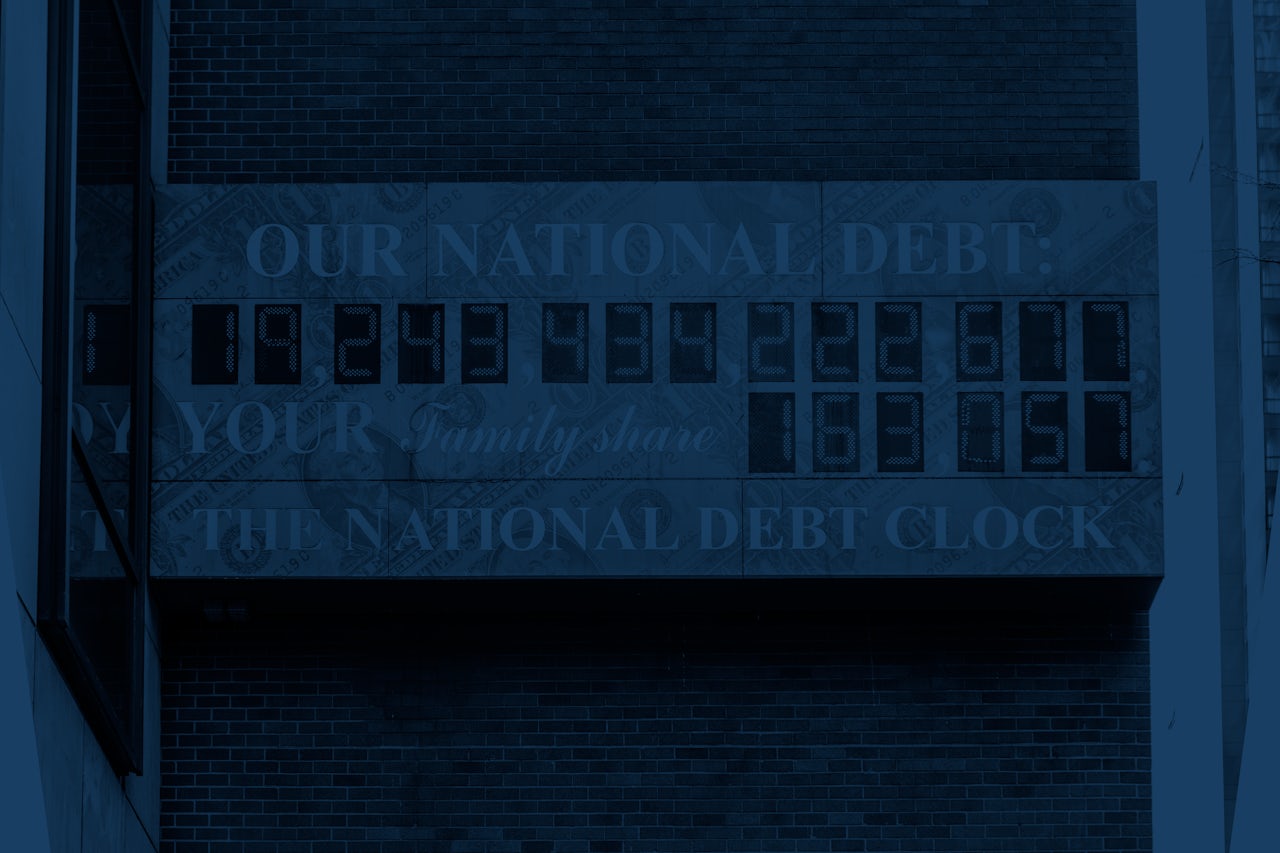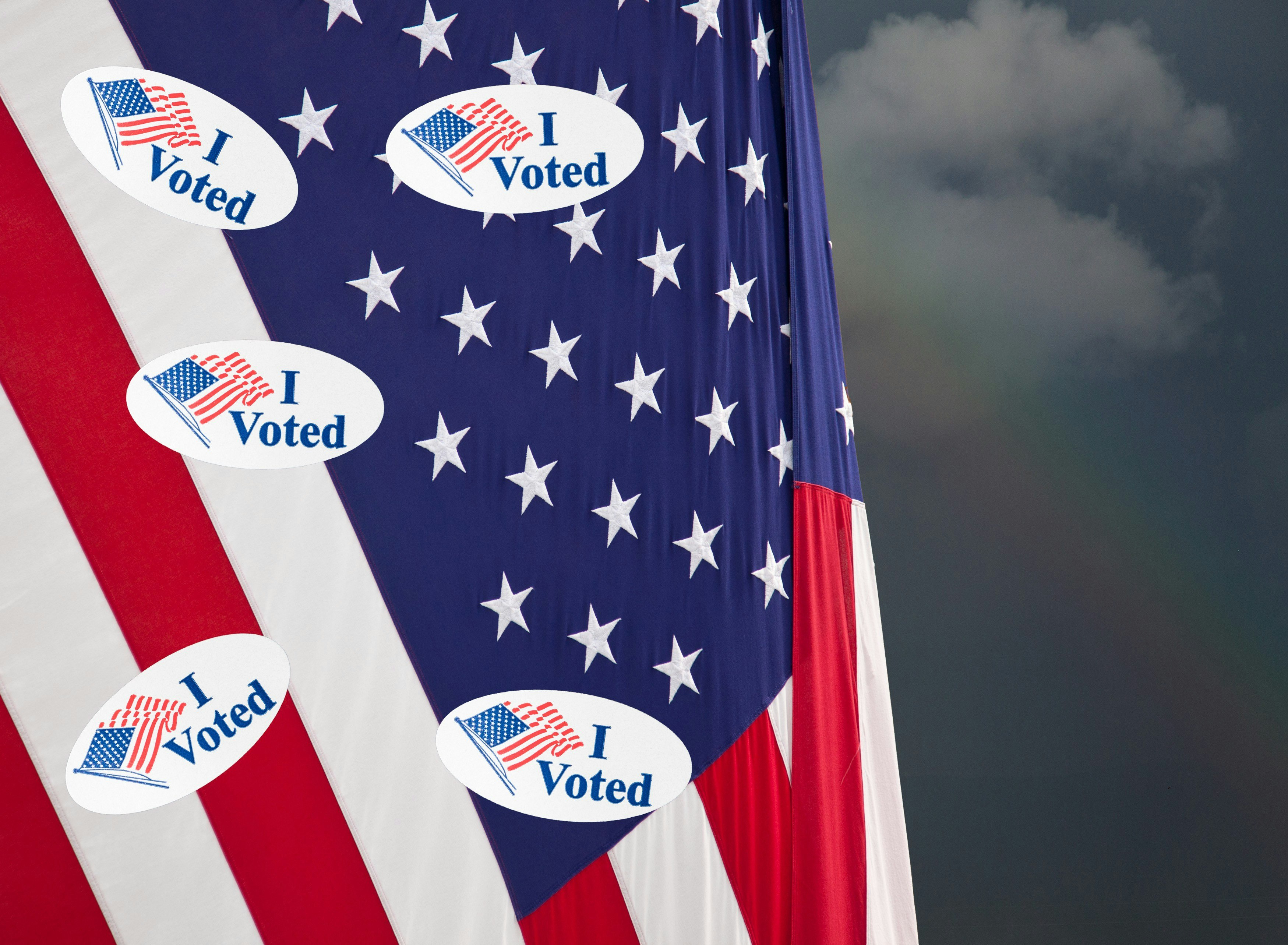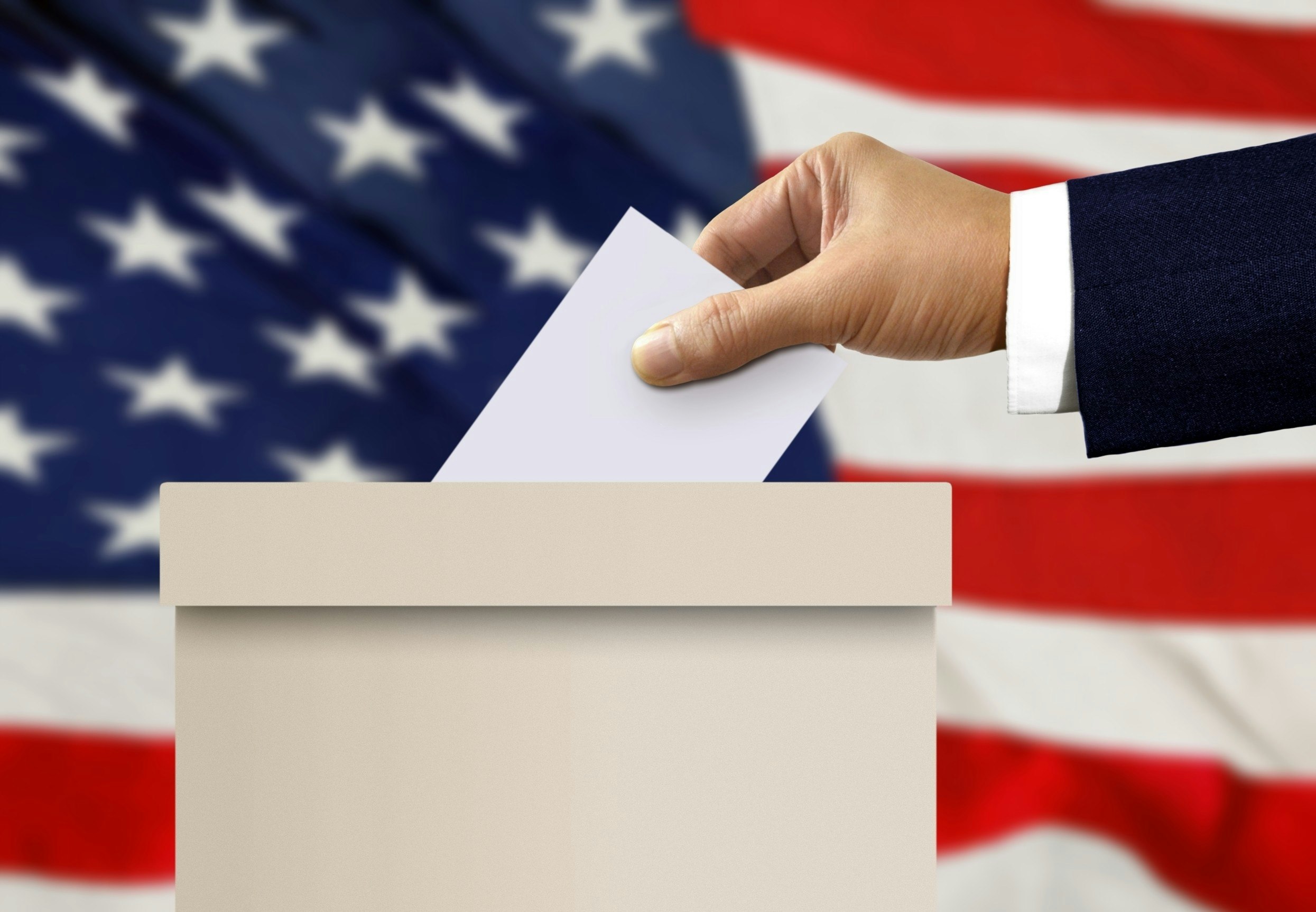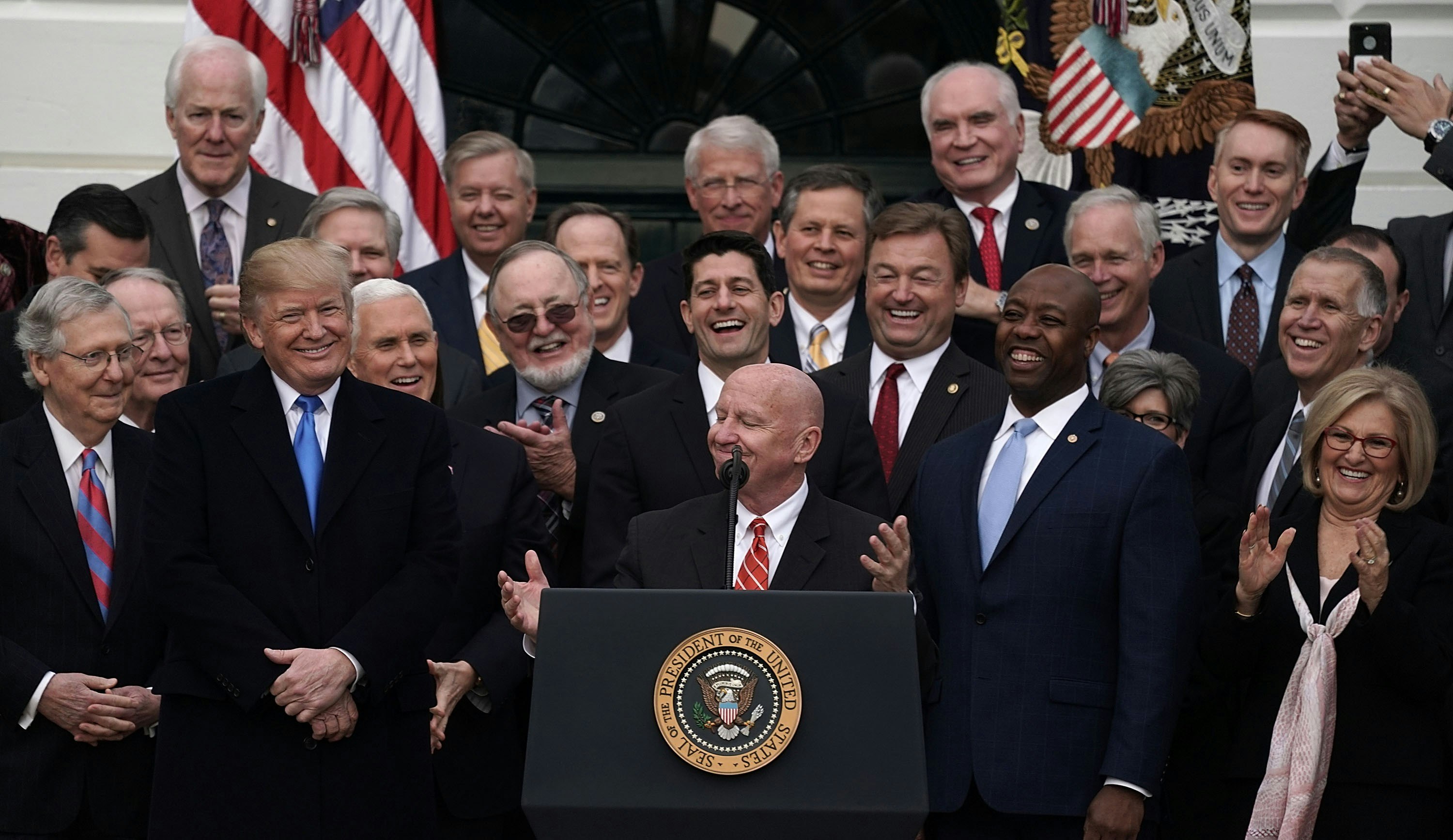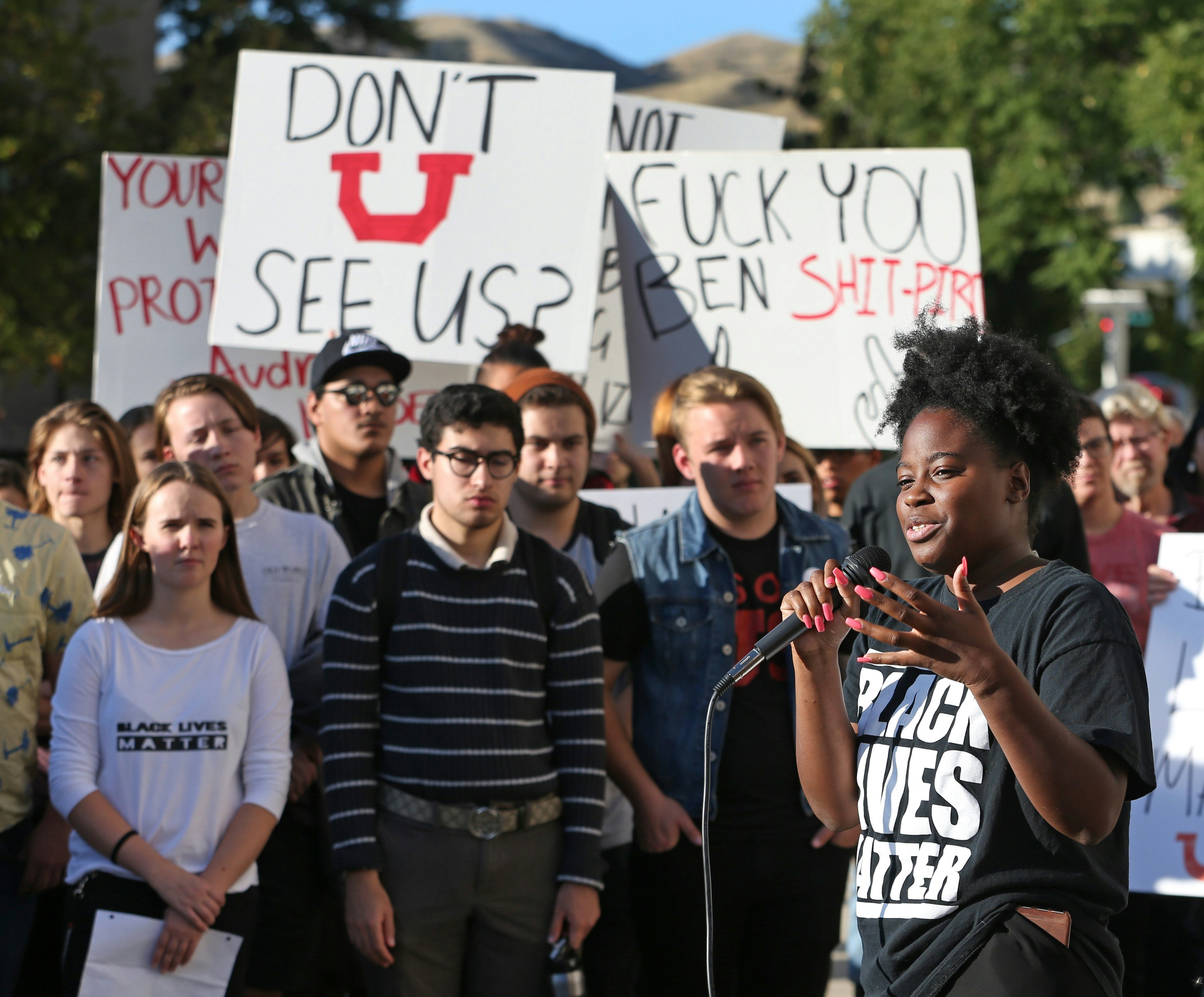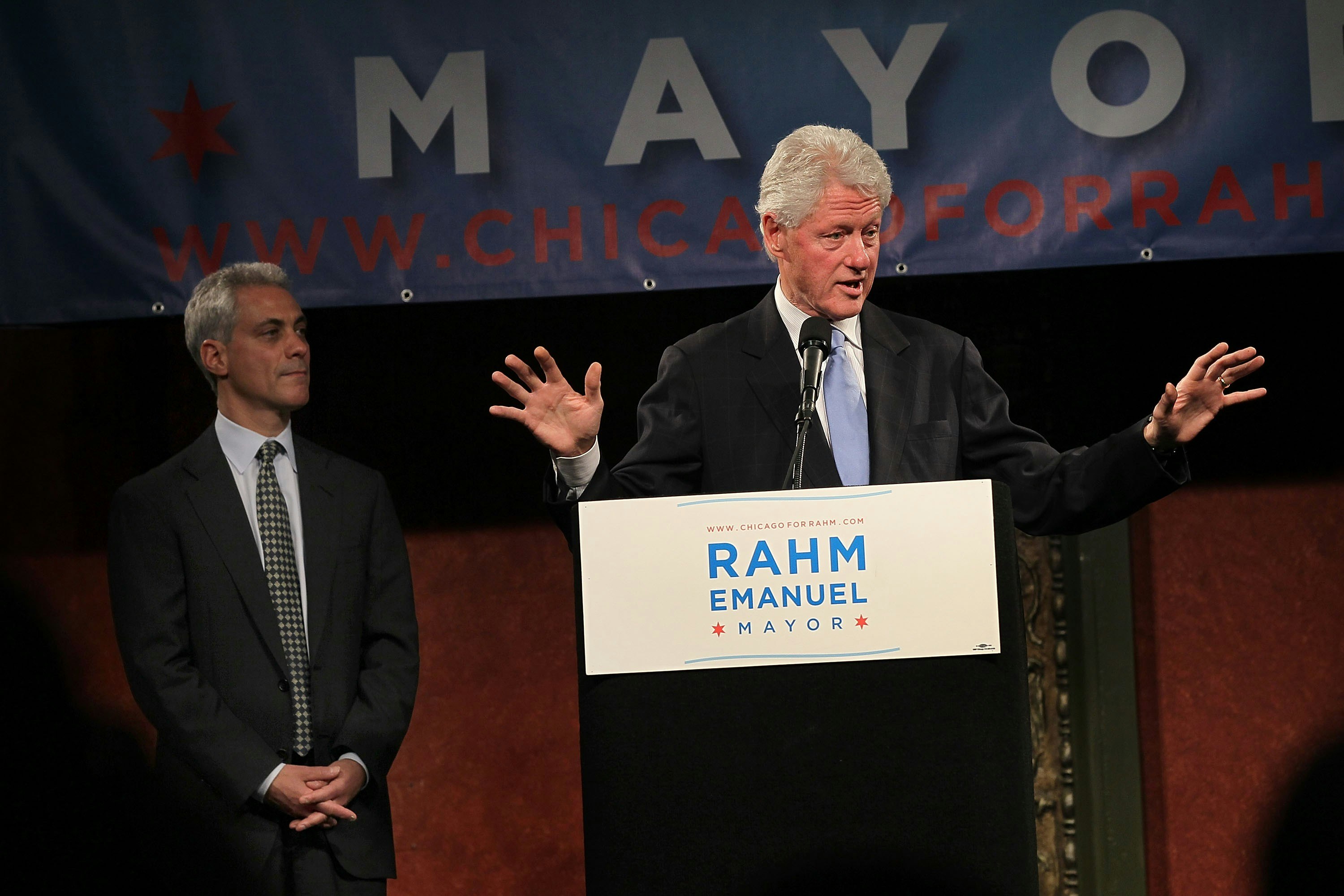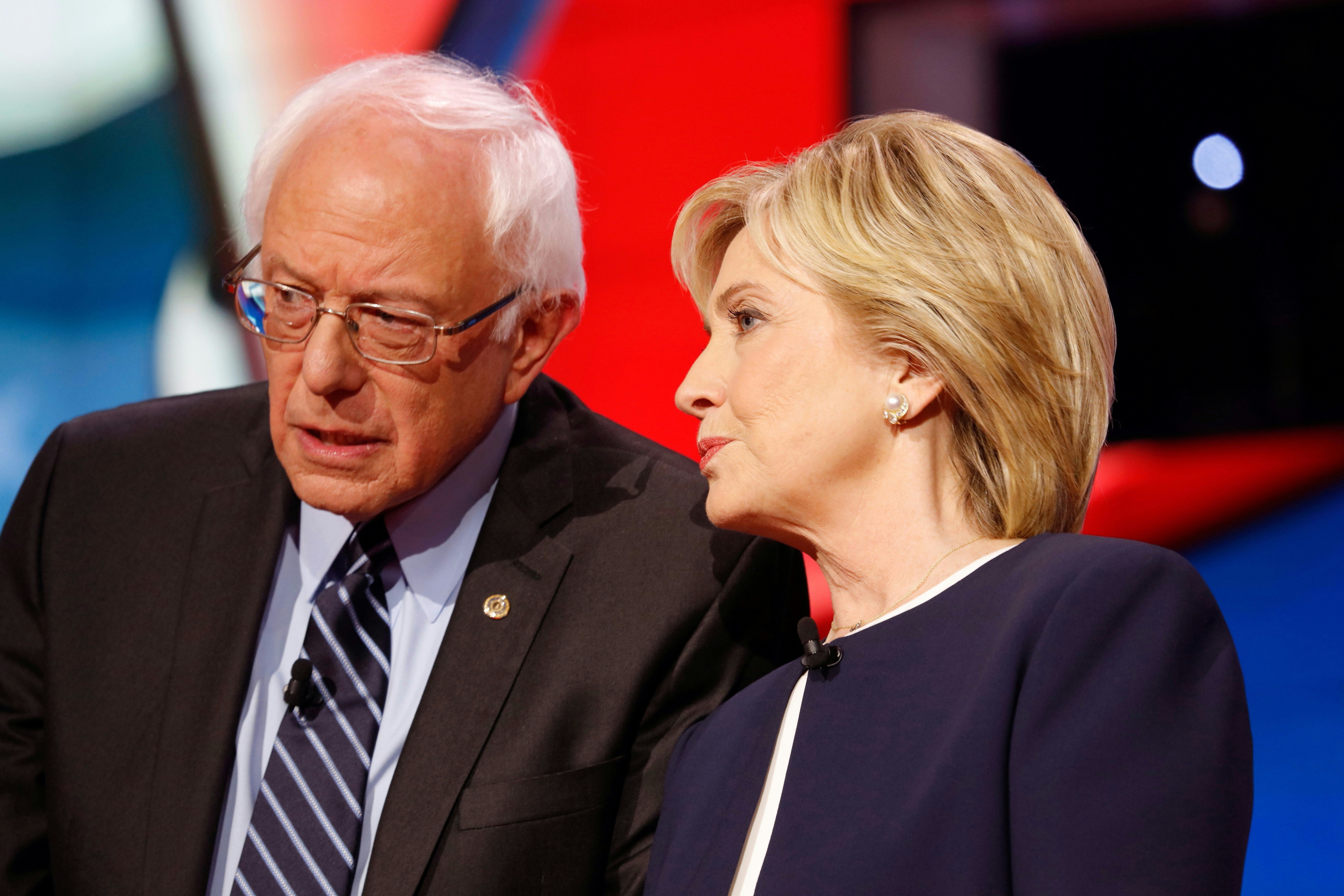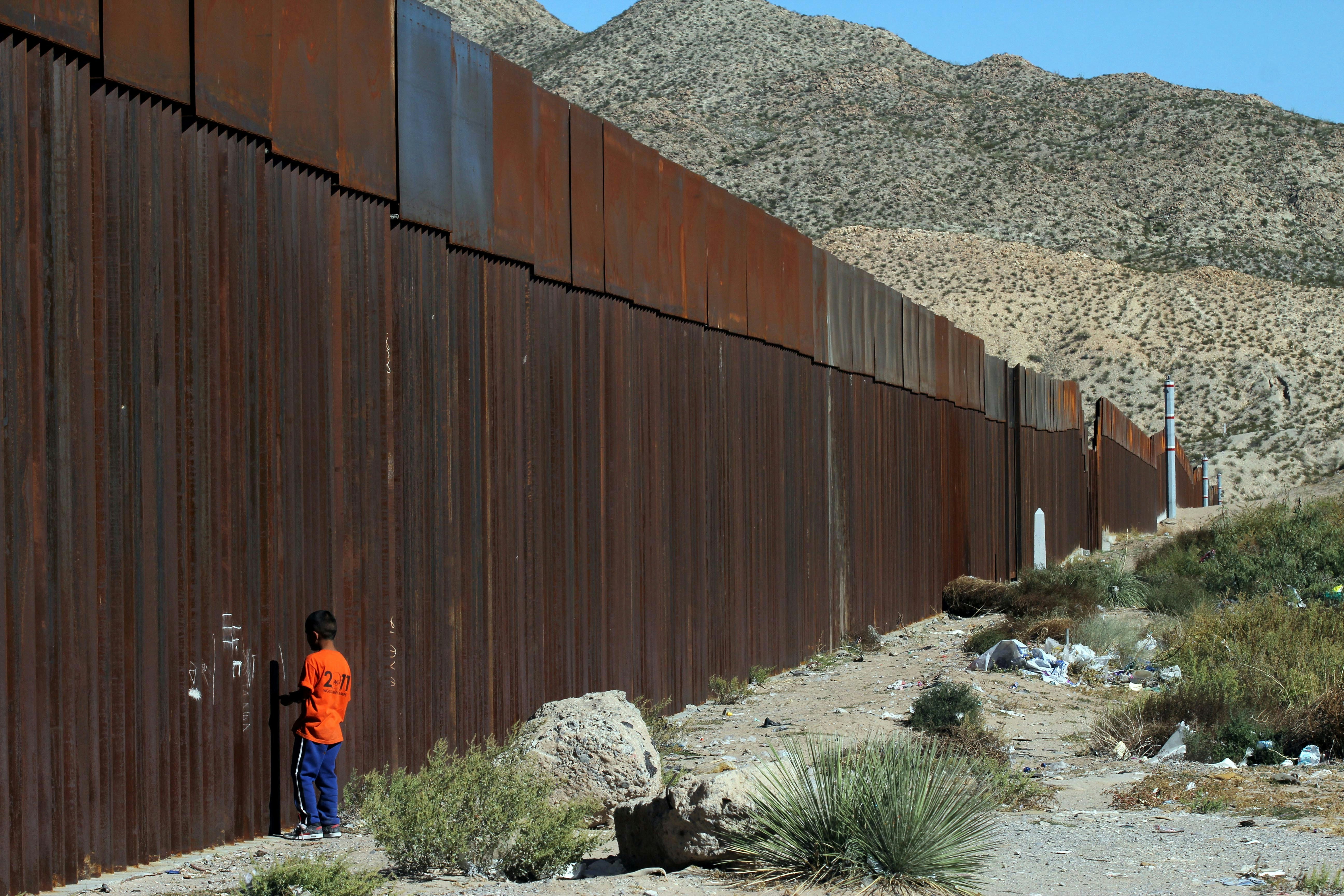Welcome to TAKE DOWN, a column in which Sean McElwee holds pundits accountable for their hot garbage takes (and isn't afraid to be held accountable for his).
What the pundits say
When Republicans slashed taxes and then dramatically hiked defense spending earlier this month, the puniditariat expressed surprise. At CNN, Chris Cillizza argued that the deal that Republicans passed to keep the government open “does something that, even a few years ago, would have been considered a nonstarter with Republicans: Adds almost $300 billion to the deficit” (meanwhile, the wars in Iraq and Afghanistan added $6 trillion to the deficit between 2009 and 2019). The New York Times editorial board went higher, declaring that “The Republicans Have Become The Party of Debt.” And it wasn’t just pundits — even straight news stories bought into this framing. The Washington Post claimed that “Republicans are completely reversing themselves on the deficit,” and “In big reversal, new Trump budget will give up on longtime Republican goal of eliminating deficit.”
Pundits like the idea of balanced budgets and intuitively embrace the concept of “fiscal responsibility.” Debt is a threat to, well, basically everything, and the worst thing that could happen to the country. If you ask USA Today, the national debt is “our biggest national security threat.” According to The Hill, millennials worried about sexual assault and climate change should turn to the real problem: the “apocalyptic” national debt. And during the 2016 election, despite the fact that a white-supremacist authoritarian was running for president and climate change posed an existential threat to the planet, the media chose to ask five questions in the presidential debates about the deficit, but none about the environment.
Why the pundits are wrong
The problem is, the debt and the deficit don't matter. And Republicans haven't cared about either one in a long time. Far from being surprising that Republicans abandon their commitment to deficit reduction, it would be genuinely surprising and odd if the Republican Party actually cut the deficit. It’s far too much to ask the punditry to remember things that happened more than a few days ago, but we can recall when George W. Bush presided over a massive expansion of the federal deficit driven by an expansion of Medicare Part D, the initiation of two wars and two rounds of massive tax cuts.
In a 2000 essay published in the journal Presidential Studies Quarterly, political scientist Julian Zelizer wrote that “liberal administrations have usually encountered great pressure to demonstrate a commitment to fiscal responsibility.” Zelizer noted that even liberals like John F. Kennedy and Lyndon B. Johnson were deficit hawks, and Jimmy Carter made deficit reduction a campaign and policy priority. Bill Clinton famously pursued cuts to the safety net to achieve deficit reduction. Barack Obama enraged his left flank by proposing a “grand bargain” that would trade cuts to Social Security and Medicare for higher taxes on the rich. Republicans, seemingly unconcerned with the debt, killed the deal for not going far enough.
In fact, Republicans have been quite open about the fact that they don’t care about the deficit, both in policy and ideologically for decades. Irving Kristol articulated this quite clearly in a 1980 Wall Street Journal op-ed:
And what if the traditionalist-conservatives are right and a… tax cut, without corresponding cuts in expenditures also leaves us with a fiscal problem? The neo-conservative is willing to leave those problems to be coped with by liberal interregnums. He wants to shape the future, and will leave it up to his opponents to tidy up afterwards.
This reality is also clear in the data: economists Alan Blinder and Mark Watson noted in a 2016 paper that since Kennedy, “the structural federal budget deficit has been, on average, smaller under Democratic presidents (2.1 percent of potential GDP) than under Republican presidents (2.8 percent of potential GDP).”
The media does not understand basic economics
Even more important than the GOP’s hypocrisy is the reality that the deficit and debt simply aren’t that important. By making the deficit into an issue, the media has enabled and abetted the right to pursue retrograde policies while doing active harm to the American economy. The best research suggests that U.S. GDP would be trillions of dollars larger were it not for austerity (a fancy word for budget cuts). As Marshall Steinbaum, an economist at the Roosevelt Institute, told me, "At this point we've known for a long time that the economy has been operating below full employment for almost a decade, and that's likely because misguidedly tight fiscal and monetary policy prevented economic growth — higher incomes, more jobs, better technology, more secure families — that would otherwise have taken place.” He notes that even economists who believe the U.S. economy is close to maximum output now (he does not), “are conceding that the total productive capacity of the economy shrank dramatically relative to forecasts made in the mid-2000s, for no discernible reason. If there was ever a massive policy failure, it was that."
When the economy was in the toilet — as it was in Obama’s first term — the government’s priority should have been injecting spending into the economy. Instead, the government was focused on limiting spending. It is an almost certain that the media’s obsession with the deficit has caused the economy to shrink by trillions of dollars, just as it is certain that he media’s love of treating candidates who want to cut Social Security as “mavericks” and “brave” has killed hundreds of thousands of seniors.
The deficit obsession is an example of a broader trend that Oxford University economist Simon Wren-Lewis refers to as “media-macro” — the media’s frequent misunderstanding of basic economic facts. The implications of economic illiteracy in the media are disastrous and extend far beyond the deficit. The media believes in incredibly simple, coherent and wrong explanations for the economy, and these wrong narratives mostly help Republicans, particularly at a time when the real threats to the American economy are climate change, the concentration of wealth among the richest and stagnant wages.
By buying into the myth that Republicans are deficit hawks while Democrats are profligate spenders, the media has abetted unforced policy errors by Democrats and weakened the economy. For instance, Clinton’s deficit obsession lead him to create a nice little budget surplus, which George Bush immediately turned into a tax cut for the rich. If Clinton had instead invested the growth dividend into infrastructure or education spending, he would have created durable gains. Deficit hysteria also lead to the Obama administration to pursue a smaller than ideal stimulus package, lopping trillions of the economy. The fact that the media is obsessed with the deficits should not let either Obama or Clinton off the hook for pursuing bad public policy, but the media obsession with the deficit certainly contributes to its overarching importance.
Over the several years we’ve had large swings in the deficit and an enormous run-up of the federal debt, with no effect on the government’s cost of borrowing (see chart). As even centrist economists have noted, when the economy has a lot of slack, it’s a good time for the government to take on more debt to invest in the future, such as building a carbon-free economy.
Simplicity Is Not Reality
While the ideas of leftist economists can be quite complex, the media is often lured into embracing easy but stupid right-wing ideas. For instance, a Reagan-era theory called the “Laffer curve” suggests that tax cuts can grow the economy. This is laughably wrong — but studies of Bush-era tax cuts show that the media frequently pushed the idea that cuts would grow the economy.
When Kansas Gov. Sam Brownback slashed taxes in 2012, news outlets like The Kansas City Star gave lots of space for the administration to make their case: one has to read more than a dozen paragraphs to find an economist noting that it would be unlikely that the cuts would stimulate the economy. The media’s inability to grasp basic economic concepts has its victims, living and dead.
The greatest threat the economy faces is not the rise of government debt but austerity and the concentration of wealth in the hands of the one percent. The threat to our children’s well-being is not an abstract concept like the national debt, but the reality that a billion people will be displaced by climate change over the next generation. Republicans care about furthering their agenda — they don’t give a fuck about the deficit.
